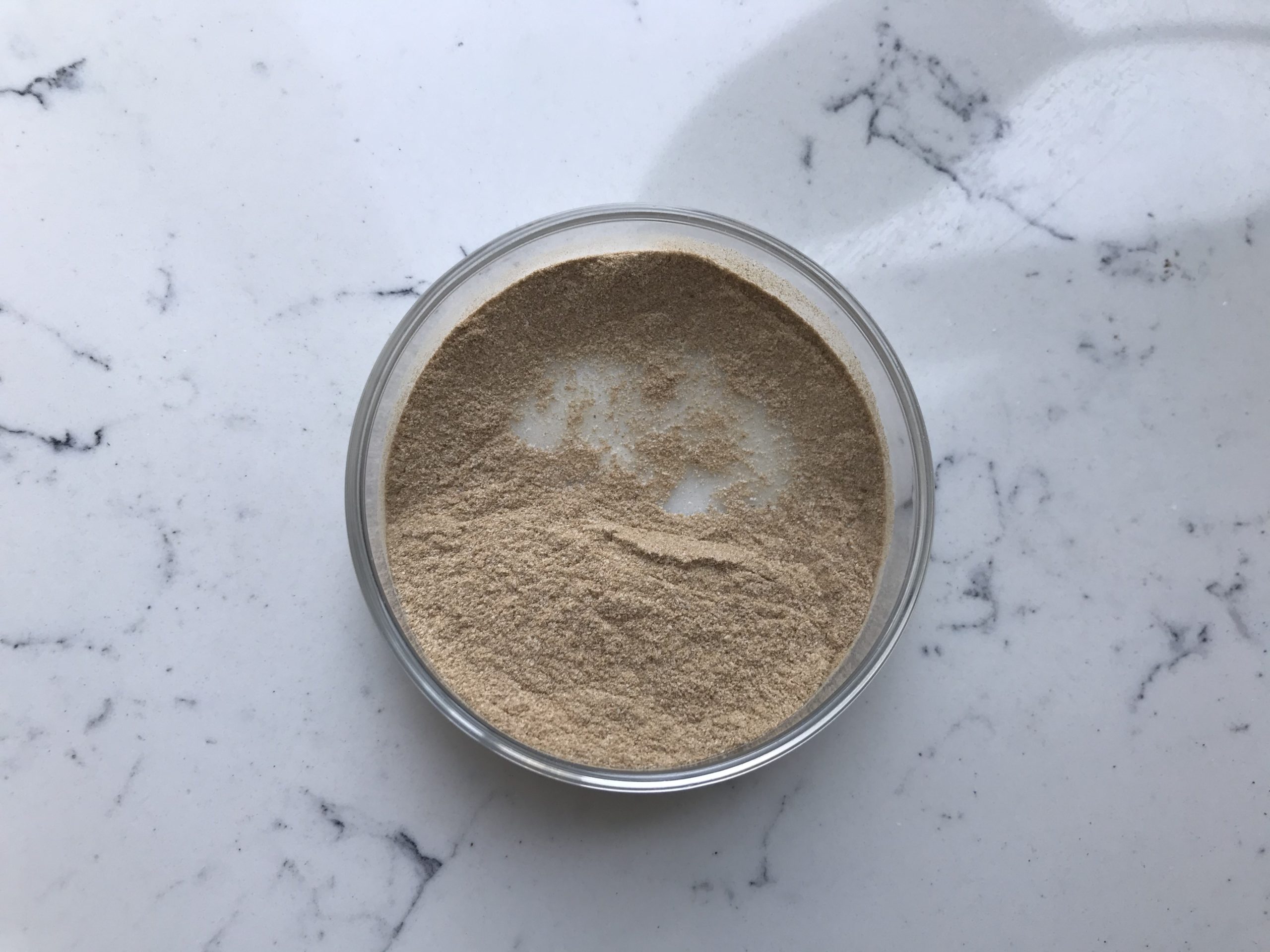Bacillus Megaterium is a species of Gram-positive, rod-shaped, and endospore-forming bacterium. It is a member of the genus Bacillus, which includes a wide range of bacteria found in various environments. Bacillus Megaterium is known for its large size compared to many other bacteria, hence its name “megaterium” (mega means large).

Some key characteristics of Bacillus Megaterium include:
1.Morphology: It is a rod-shaped bacterium, typically occurring singly or in chains. The cells are generally large compared to other Bacillus species.
2.Endospore Formation: Bacillus Megaterium is capable of forming endospores. Endospores are resistant, dormant structures that allow the bacterium to survive in harsh environmental conditions, such as extreme temperatures, desiccation, and chemical exposure.
3.Habitat: It can be found in various environments, including soil, water, and plant surfaces. Bacillus Megaterium is considered to be a soil bacterium and plays a significant role in nutrient cycling and decomposition processes.
4.Industrial Applications: This bacterium has gained attention in biotechnology and industrial processes due to its ability to produce enzymes and other useful compounds. It has been used in various applications, such as enzyme production, biopesticides, and bioremediation.
5.Research: Bacillus Megaterium is also widely used as a model organism in microbiological research due to its genetic tractability and ease of cultivation.

It’s worth noting that while Bacillus Megaterium is generally considered non-pathogenic, some strains might possess the potential to cause opportunistic infections, particularly in immunocompromised individuals. However, most strains of Bacillus megaterium are harmless and play important roles in natural ecosystems and various industrial applications.
How to use Bacillus Megaterium?
Bacillus Megaterium is a gram-positive, rod-shaped, and spore-forming bacterium widely used in various biotechnological applications. It has been employed in agriculture, industry, and research due to its ability to produce enzymes, antimicrobial compounds, and bioactive substances. Here are some common ways Bacillus Megaterium is used:

Agricultural Applications:
- Biofertilizers: Bacillus Megaterium can be used as a biofertilizer to enhance plant growth and productivity. It helps fix nitrogen, solubilize phosphate, and produce plant growth-promoting substances.
- Biocontrol agents: The bacterium can act as a biological control agent, suppressing the growth of harmful plant pathogens and protecting crops from diseases.
Industrial Applications:
- Enzyme production: Bacillus Megaterium can be engineered to produce various enzymes, such as proteases, amylases, lipases, and cellulases, which find applications in food processing, detergent production, and biofuel production, among others.
- Production of bioactive compounds: The bacterium can synthesize antimicrobial compounds, bioactive peptides, and other metabolites with potential pharmaceutical or industrial uses.
Bioremediation:
- Bacillus Megaterium has been utilized in bioremediation processes to clean up environmental pollutants, including heavy metals and hydrocarbons. It can degrade these pollutants and help in the restoration of contaminated sites.
Research and Development:
- Bacillus Megaterium serves as a model organism in molecular biology and genetics research due to its ease of cultivation, genetic tractability, and similarity to other Bacillus species.
When using Bacillus Megaterium, it’s important to follow standard laboratory and safety procedures. Specific protocols for cultivation, genetic manipulation, and other applications will vary depending on the intended use. If you are considering using Bacillus megaterium for a particular application, it’s recommended to consult relevant scientific literature or seek advice from experts in the field for detailed guidance and protocols.
